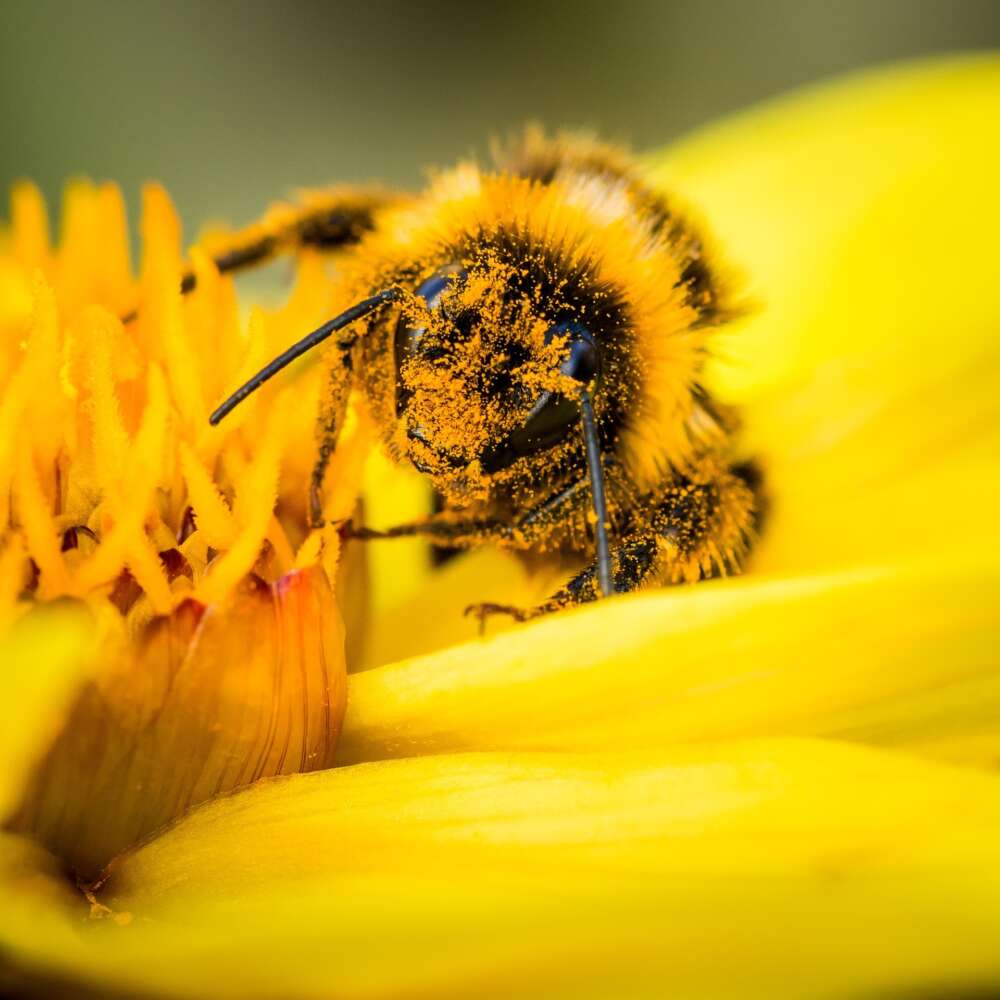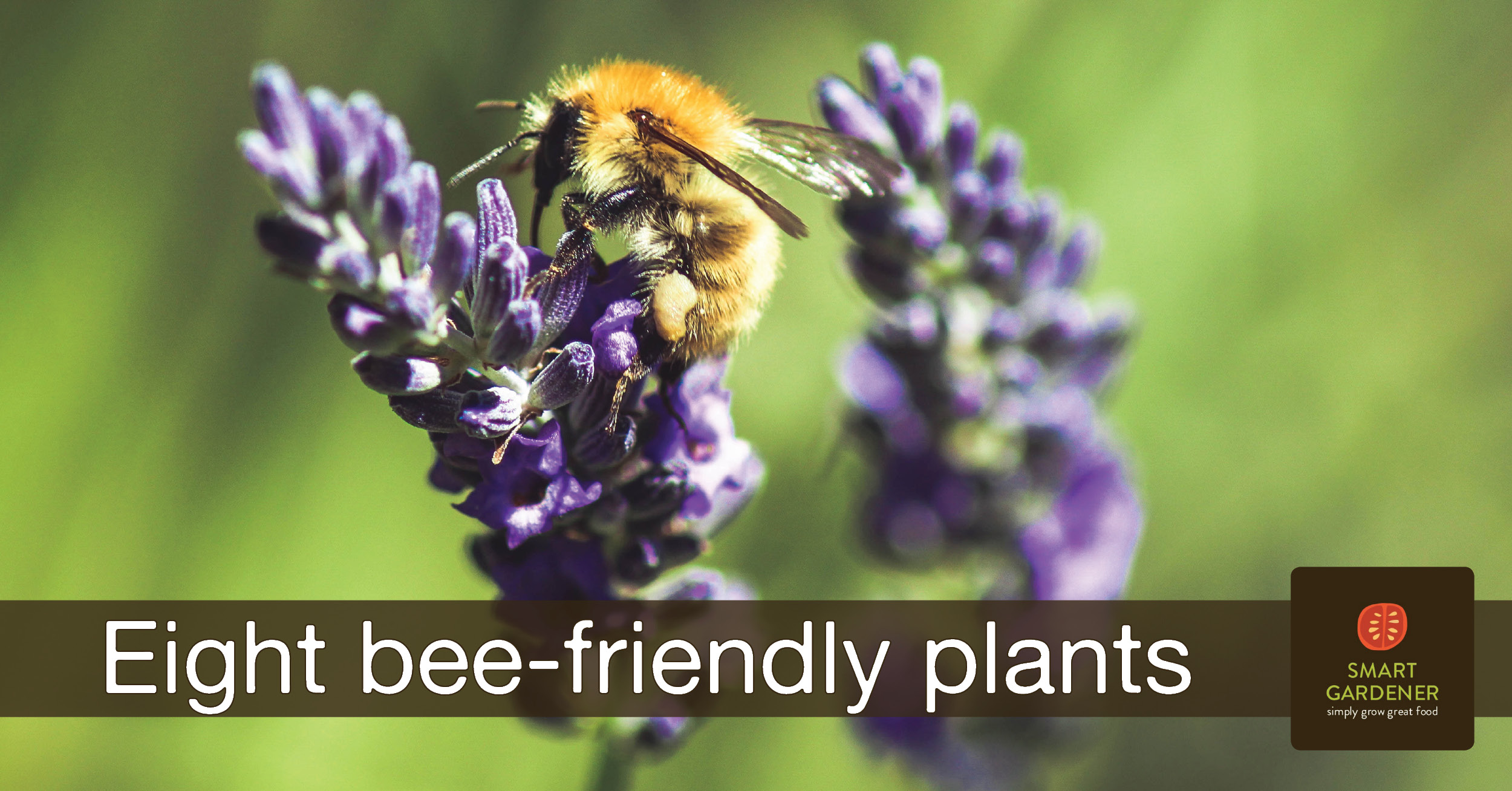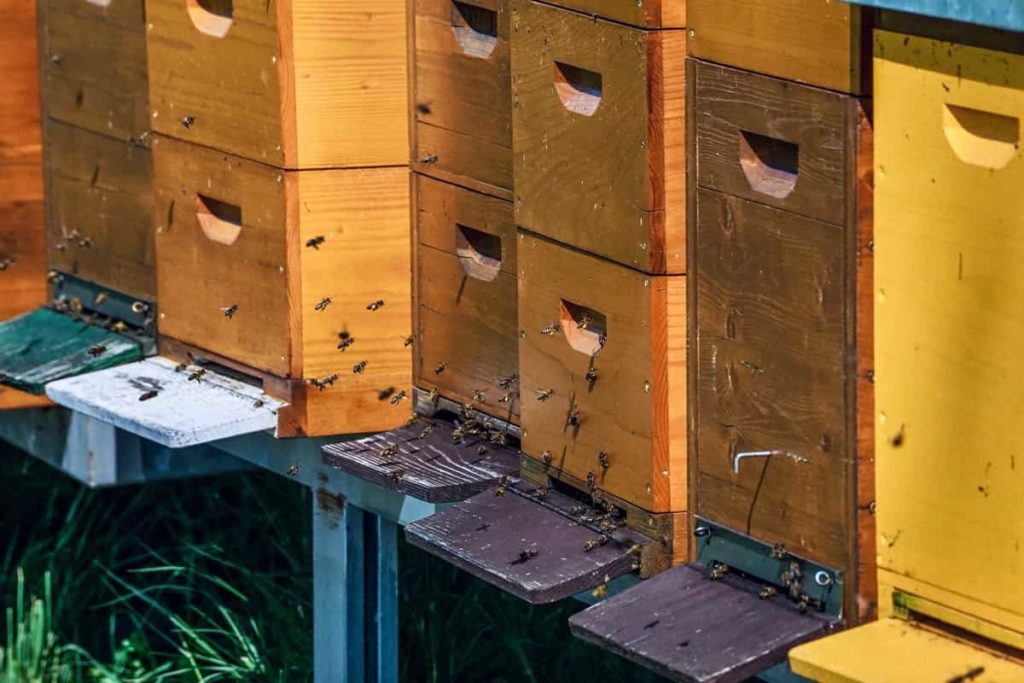Bee-Friendly Practices for a Thriving Ecosystem
Nurturing Nature’s Pollinators: Why Bees Need Our Help
Bees are the backbone of our ecosystem, playing a vital role in pollinating plants and maintaining biodiversity. However, their populations are facing unprecedented threats, including habitat loss, pesticide use, and climate change. As a result, it’s essential to understand what is good for bees and take action to support their health. Without bees, our food supply would be severely impacted, with many crops relying on their pollination services. In fact, it’s estimated that one-third of the food we eat is directly or indirectly dependent on bee pollination. The decline of bee populations would not only affect food production but also have a ripple effect throughout entire ecosystems. By understanding the importance of bees and taking steps to support their well-being, we can work towards creating a thriving ecosystem that benefits both humans and bees alike.
How to Create a Bee-Conducive Environment
Creating a bee-friendly environment is crucial for supporting the health and well-being of these vital pollinators. To do so, it’s essential to provide the essential elements that bees need to thrive. Food, water, and shelter are the three fundamental components of a bee-conducive environment. Bees require a diverse range of flowers that provide nectar and pollen, which are rich in protein and energy. What is good for bees is a constant source of these nutrients, which enables them to maintain their energy levels and support their colonies. In addition to food, bees need access to clean water for drinking and cooling their bodies. A shallow dish or birdbath with fresh water and a few rocks or twigs for landing sites can be an excellent source of water for bees. Finally, bees require shelter from harsh weather conditions and predators. A bee hotel or nesting site can provide solitary bees with a safe habitat to lay their eggs and raise their young. By providing these essential elements, individuals can create a bee-friendly environment that supports the health and well-being of these vital pollinators.
The Power of Pollen-Rich Plants: A Guide to Bee-Friendly Flowers
Pollen-rich plants are a crucial component of a bee-friendly environment, providing bees with the nutrients they need to thrive. What is good for bees is a diverse range of flowers that offer a constant source of pollen and nectar. These nutrients are essential for bees’ energy and protein needs, enabling them to maintain their colonies and pollinate plants. Some of the best bee-friendly flowers include sunflowers, zinnias, and cosmos, which are rich in pollen and nectar. Herbs like lavender, rosemary, and thyme are also excellent choices, as they provide a source of nectar and can be used in cooking. Fruit trees like apples, blueberries, and raspberries are also beneficial, as they provide a source of pollen and nectar for bees. By incorporating these flowers into gardens and landscapes, individuals can create a bee-friendly environment that supports the health and well-being of these vital pollinators. Additionally, using a variety of native flowers can help support local bee populations, as they are adapted to the local climate and soil conditions. By choosing the right flowers, individuals can make a significant contribution to the health and well-being of bees, and ultimately, to the health of our ecosystem.
The Sweet Truth About Honey: Its Benefits for Bees and Humans
Honey is often considered a sweet treat for humans, but it also plays a vital role in the health and well-being of bees. What is good for bees is a constant supply of honey, which provides them with energy and nutrients. Honey is also essential for the survival of bee colonies, as it serves as a source of food during the winter months when flowers are scarce. In addition to its benefits for bees, honey has several benefits for humans. It has antibacterial properties, making it a natural remedy for wound care and digestive issues. Honey is also a natural sweetener, providing a healthier alternative to refined sugars. Furthermore, honey has been shown to have anti-inflammatory properties, making it a potential treatment for allergies and other health issues. By supporting local beekeepers and purchasing raw, unfiltered honey, individuals can help support the health and well-being of bees, while also reaping the benefits of this natural sweetener. By choosing honey over refined sugars, individuals can make a positive impact on their own health, as well as the health of the environment.
Bee-Friendly Gardening Tips: Avoiding Harmful Pesticides
Maintaining a bee-friendly garden is crucial for supporting the health and well-being of these vital pollinators. What is good for bees is a garden that is free from harmful pesticides, which can have devastating effects on bee populations. Instead of using chemical pesticides, individuals can adopt integrated pest management techniques that prioritize natural methods of controlling pests. This can include introducing beneficial insects, such as ladybugs and lacewings, which prey on pests that can harm bees. Additionally, using physical barriers, such as fine-mesh nets, can prevent pests from reaching plants without harming bees. Another effective method is to use organic pest control methods, such as neem oil and pyrethrin, which are derived from natural sources and are biodegradable. By adopting these bee-friendly gardening tips, individuals can create a safe haven for bees and support the health of local ecosystems. Furthermore, using compost and manure can enrich soil, reducing the need for synthetic fertilizers that can harm bees. By making these simple changes, individuals can make a significant impact on the health and well-being of bees, and ultimately, on the health of our planet.
The Importance of Bee Hotels and Nesting Sites
What is good for bees is a safe and welcoming habitat, and bee hotels and nesting sites play a crucial role in providing solitary bees with a place to call home. These structures offer a protected space for bees to lay their eggs and raise their young, and can be easily installed in gardens, parks, and other green spaces. By providing bee hotels and nesting sites, individuals can support the health and well-being of solitary bees, which are responsible for pollinating many crops and flowers. To create a bee hotel, individuals can use materials such as bamboo, straws, and wood, and drill holes of varying diameters to accommodate different species of bees. It’s also important to install the hotel in a sunny spot, facing east or south, to provide warmth and protection from the elements. By incorporating bee hotels and nesting sites into their gardens and green spaces, individuals can make a significant contribution to the health and well-being of local bee populations, and support the biodiversity of their ecosystems.
Reducing Bee Stress: Minimizing the Impact of Human Activities
Human activities can have a profound impact on bee populations, causing stress and decline. What is good for bees is a reduction in the negative impacts of human activities, such as habitat destruction and climate change. Habitat destruction, often resulting from urbanization and intensive agriculture, can lead to the loss of vital foraging and nesting sites for bees. Climate change, on the other hand, can disrupt the delicate timing of plant-bee interactions, making it harder for bees to find the resources they need to survive. To mitigate these impacts, individuals can take steps to reduce their carbon footprint, such as using public transport, carpooling, and reducing energy consumption. Additionally, supporting sustainable agriculture practices, such as agroforestry and permaculture, can help to preserve bee habitats and promote biodiversity. By making conscious choices in their daily lives, individuals can contribute to a reduction in bee stress and support the health and well-being of these vital pollinators.
Supporting Local Beekeepers: The Key to a Thriving Bee Population
What is good for bees is a thriving local beekeeping community, and supporting local beekeepers is crucial for maintaining healthy bee populations. Local beekeepers play a vital role in pollinating crops, preserving biodiversity, and educating the public about the importance of bee conservation. By supporting local beekeepers, individuals can help ensure the long-term health and sustainability of local bee populations. To find and support local beekeepers in your area, individuals can search online for local beekeeping associations, attend beekeeping workshops or events, or visit farmers’ markets and ask about local honey producers. Additionally, individuals can consider purchasing honey and other bee products from local beekeepers, which can help to support their businesses and promote the local economy. By supporting local beekeepers, individuals can make a positive impact on the health and well-being of local bee populations, and contribute to a thriving ecosystem.







